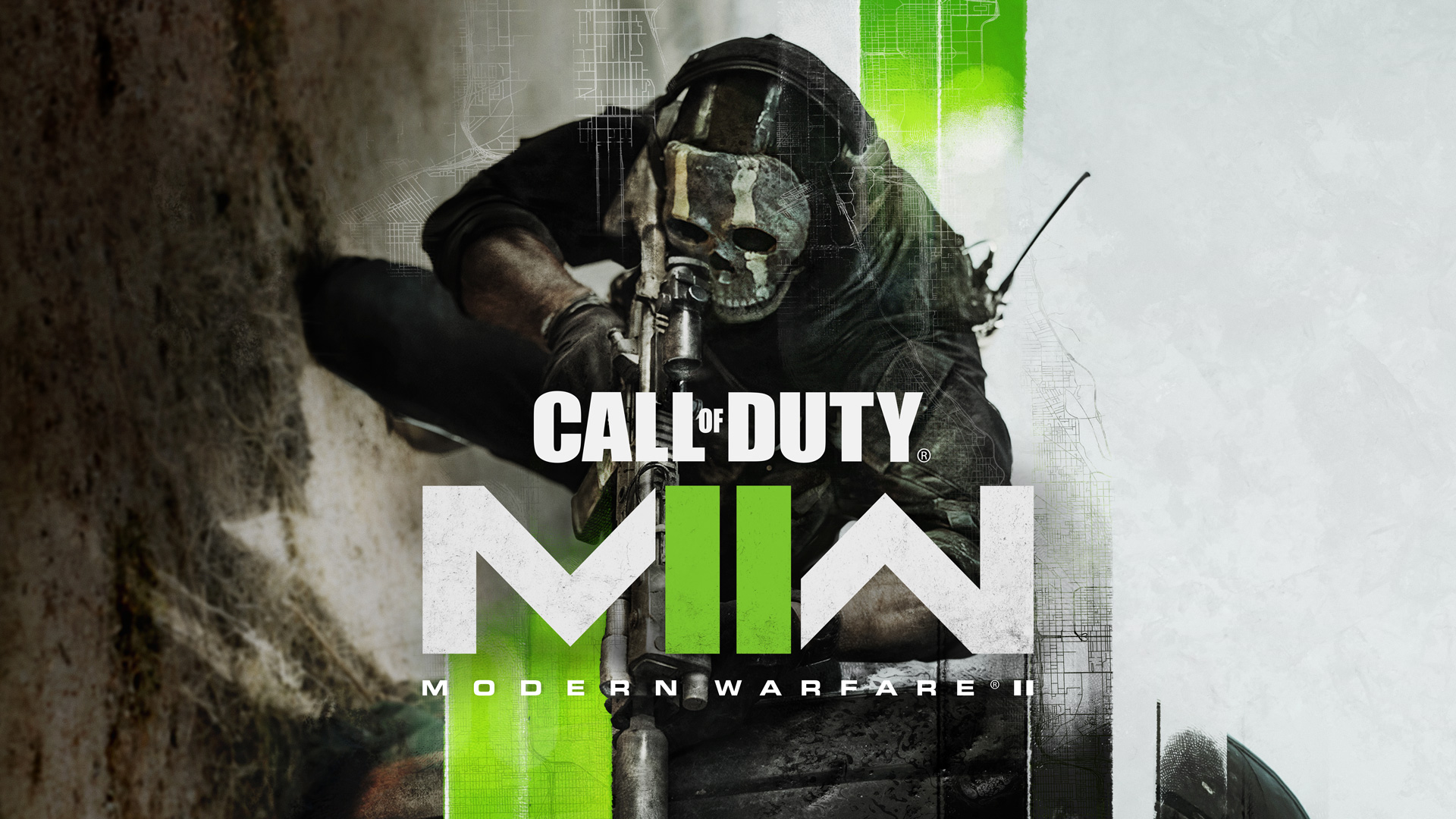The European Commission will conduct a “phase I” evaluation of the pact over the upcoming weeks. The objective is to determine if the merger would significantly lessen market competition, for instance by forming dominant firms that are likely to raise consumer prices. The Commission will start a phase II study, which is a more thorough investigation of the merger’s implications on competition, if it decides after its assessment that it still has reservations about the deal. Regulators and other parties engaged in the Microsoft and Activision transaction anticipate a protracted EU investigation, the Financial Times reported last month. Regulators from around the world are reviewing the deal because of antitrust concerns at a time when the gambling sector is becoming more consolidated. The UK’s Competition and Markets Authority (CMA) announced earlier this month that a variety of issues had led to the formal expansion of its investigation into the merger into a second phase. Due to the fact that Microsoft would acquire control of the Call of Duty franchise, the CMA is particularly concerned about the effect the merger may have on PlayStation’s capacity to compete. After Sony’s existing marketing agreement with Activision expires, Xbox boss Phil Spencer stated earlier this month that Microsoft had promised to continue making Call of Duty available on PlayStation for “several more years.” Jim Ryan, CEO of Sony Interactive Entertainment, responded by labelling Microsoft’s plan to retain the Call of Duty franchise on PlayStation systems “inadequate on many levels” as he reportedly wants access to all future Call of Duty games on equal terms and indefinitely. Microsoft’s anticipated deal with Activision Blizzard has faced several controversies as such agreements are one of a type. It is interesting to see how Microsoft pulls this one out.
